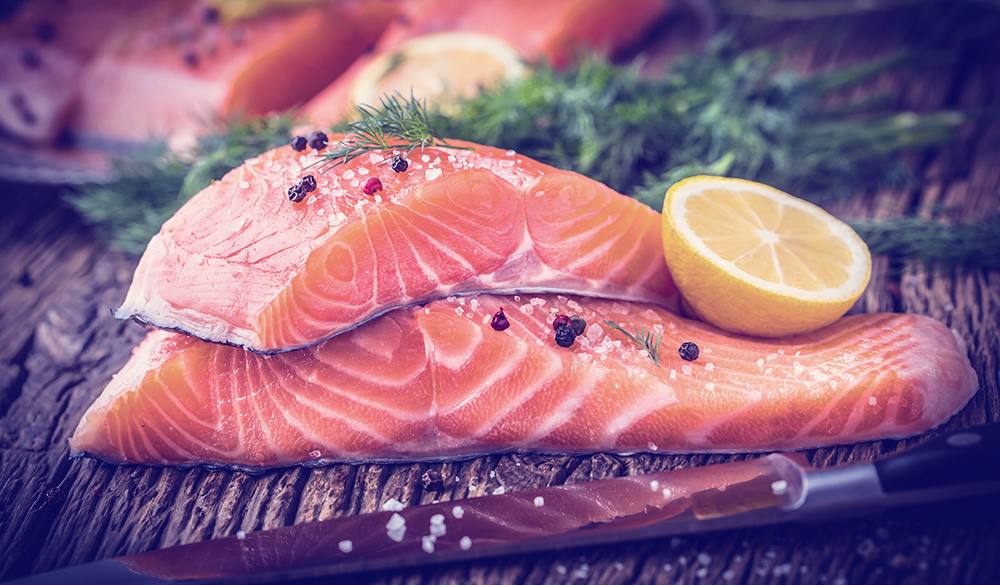Histamine is a chemical compound that is involved in the immune system response. Histamine is often associated with allergies and their associated symptoms such as sneezing, headaches, nasal congestion and breathing difficulties.
Some people may experience symptoms even when they aren’t being exposed to allergens from the environment. Symptoms may occur after a cheese and tomato toasty, a tuna salad for lunch or a glass of wine with dinner. These symptoms may be due to histamine intolerance (HIT) which results when there is too much histamine for the body to process.[1]
DAO and histamine breakdown
HIT occurs when the body is unable to break down histamine properly and for a percentage of people with HIT, this may be due to a defect in the enzymatic activity of diamine oxidase (DAO). DAO inactivates and metabolises ingested histamine.[2] When DAO isn’t working properly, histamine is absorbed through the intestines, causing an array of symptoms. Additional symptoms include rashes, itchy skin, hot flushes and potentially diarrhoea.[1] For those affected with HIT, symptoms usually occur following the consumption of foods and drinks that contain large amounts of histamine such as cheese, sausages, sauerkraut, tuna, tomatoes, avocadoes, and alcohol.[3]
Supporting DAO activity
Lifestyle and diet factors can boost the function of DAO and reduce the histamine-load for people affected by HIT. A low histamine diet can be adopted for HIT management with histamine-containing foods reduced or eliminated.
Vitamin B6, vitamin C and copper are important cofactors for DAO production and function, and can support DAO activity in breaking down histamine.1 Foods that include these essential nutrients and are low histamine diet-friendly include:
- Vitamin B6 – freshly cooked kangaroo, chicken, turkey, and salmon; and
- Vitamin C – berries (except strawberries), capsicum, parsley, cabbage, rockmelon, cauliflower, and kiwi.
It is also important to avoid DAO-blocking foods such as alcohol, energy drinks and black/green tea.
So, if you’ve been wondering why you keep getting itchy after your favourite lunch or get a blocked nose from your after-work drinks every Friday, it might be time to speak to your healthcare practitioner about HIT.
References:
1. Maintz L, Novak M. Histamine and histamine intolerance. Am J Clin Nutr 2007;85(5):1185-1196. [Abstract]
2. Music E, Korosec P, Silar M, et al. Serum diamine oxidase activity as a diagnostic test for histamine intolerance. Wien Klin Wochenschr 2013;125(9-10):239-243.[Abstract]
3. Wohrl S, Hemmer W, Focke M, et al. Histamine intolerance-like symptoms in healthy volunteers after oral provocation with liquid histamine. Allergy Asthma Proc 2004;25(5):305-311.[Abstract]
DISCLAIMER:
The information provided on FX Medicine is for educational and informational purposes only. The information provided on this site is not, nor is it intended to be, a substitute for professional advice or care. Please seek the advice of a qualified health care professional in the event something you have read here raises questions or concerns regarding your health.



